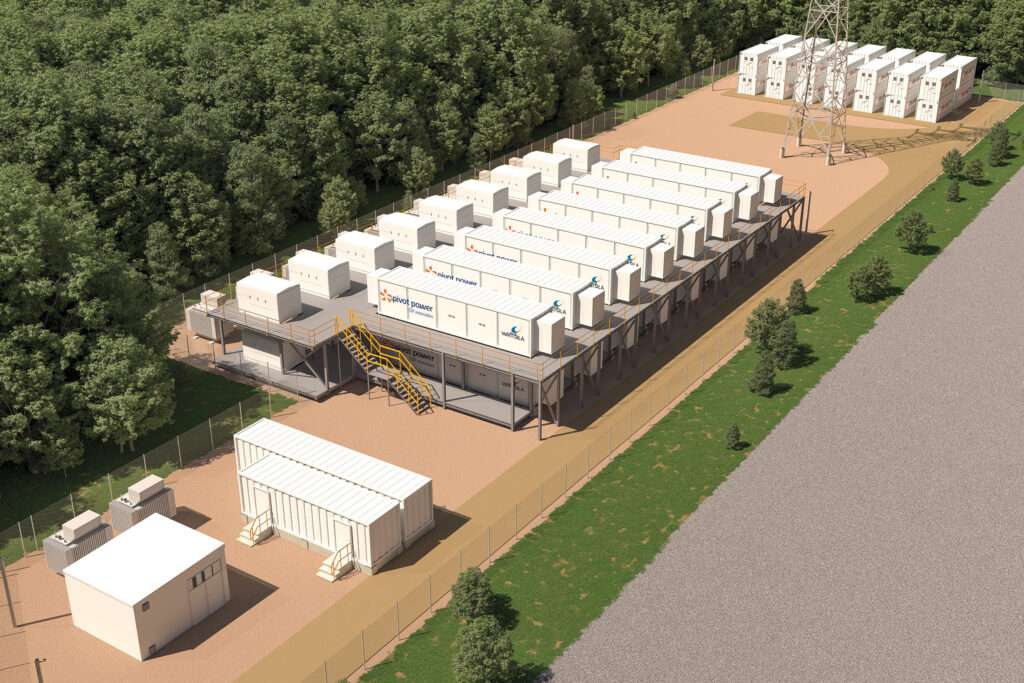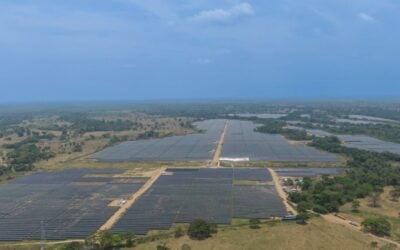
The world’s largest combined lithium-vanadium battery energy storage system (BESS), the Energy Superhub Oxford (ESO), will soon start fully trading in the UK’s electricity market, showcasing the potential of hybrid assets.
ESO is the subject of a 3,000-word feature in this quarter’s PV Tech Power newsletter from our sister site PV Tech. It has the largest lithium-vanadium hybrid BESS in the world at 55MWh and the largest tertiary connection to the UK grid.
Enjoy 12 months of exclusive analysis
- Regular insight and analysis of the industry’s biggest developments
- In-depth interviews with the industry’s leading figures
- Annual digital subscription to the PV Tech Power journal
- Discounts on Solar Media’s portfolio of events, in-person and virtual
The 50MW/50MWh lithium-ion system from Wartsila has been trading in the UK electricity market since mid-2021 and Invinity Energy Systems’ 2MW/5MWh vanadium redox flow battery is set to join it soon, possibly within the current quarter, having been energised in December.
The two will operate as one hybrid asset after a lead-in period of 3-6 months where they’ll operate separately. The hybrid system will be uniquely placed to capitalise on opportunities in both the merchant and ancillary services markets, executives at Invinity, trader and optimiser Habitat Energy and project developer Pivot Power told Energy-storage.news.
In the merchant space, the vanadium could capture margin spreads which might be smaller but over longer periods of time while the lithium could capture value in volatile conditions with larger spreads but shorter time periods.
“Being able to access both sets of value with the same asset is a real positive for this project and something we’re really looking to investigate and explore,” Habitat Energy’s head of UK business
development Ralph Johnson said.
New pre-fault, higher-output ancillary services like dynamic regulation (DR) and dynamic moderation (DM) will be accessible for the vanadium flow battery thanks to its longer duration, the interviewees told Energy-storage.news.
ESO, which received a £11.3 million (US$15 million) grant from Innovate UK, also comprises an EV charging station and 60 ground source heat pumps although both of those connect directly to the National Grid substation rather than the BESS itself.






